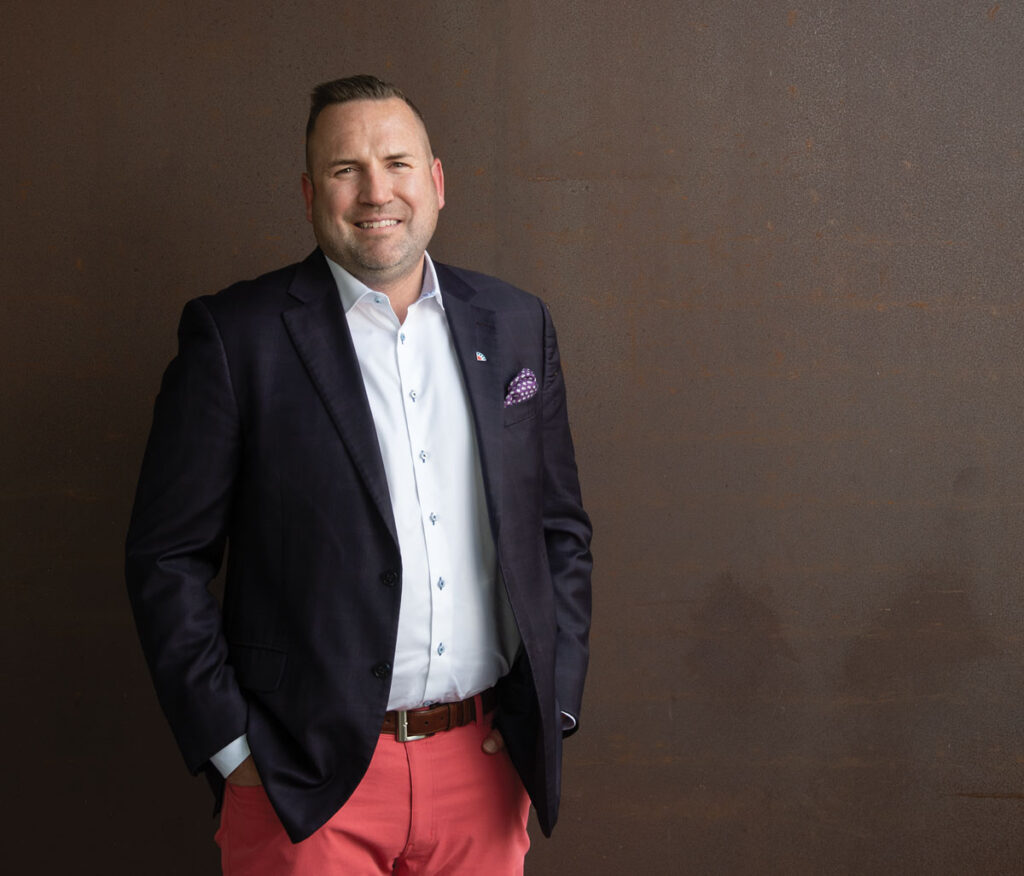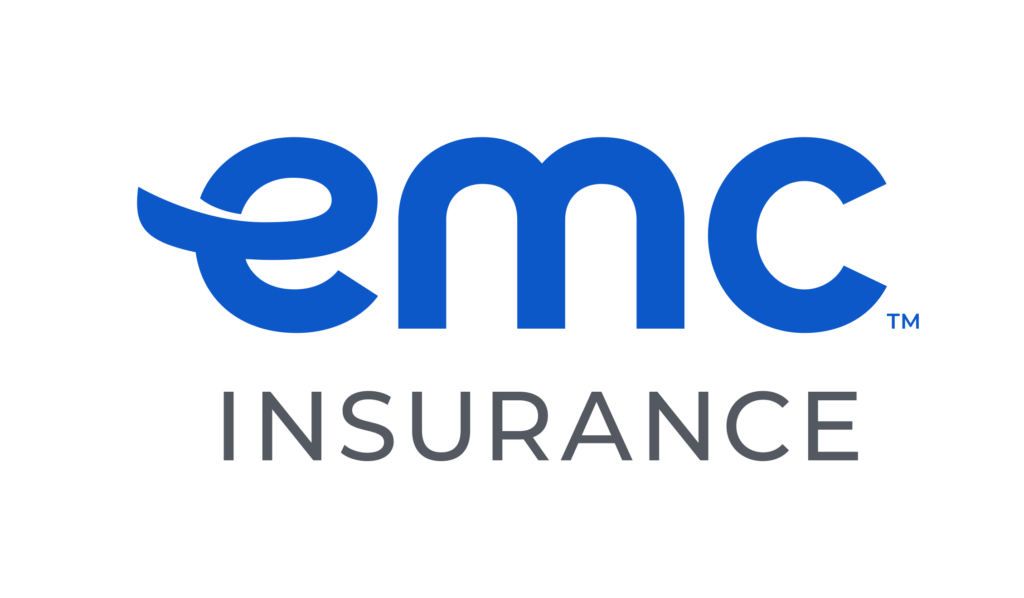BERKO:Kinder Morgan a smart buy

Dear Mr. Berko:
We are thinking about investing $18,000 and buying 300 shares of Tesla Motors and 100 shares of Kinder Morgan for our joint account. Our objectives are capital gains and income, with a little more emphasis on capital gains. My wife and I would appreciate your opinion on these issues.
B.P., Destin, Fla.
Dear B.P.:
Tesla Motors Inc. (TSLA-$33.84) makes a hot-looking car that runs on battery power. The biggest concern about TSLA’s car, and all battery-powered cars, is that it may not get you where you want to go. That’s also my concern about TSLA’s common stock. Even though Tesla’s Model S sedan earned rave reviews, great products often fail to make great investments. And a longtime acquaintance – I’ll call him Bob – who is one of the fund managers of a very large mutual fund family told me that he would personally short the stock. TSLA had a secondary offering at $28.75 last September and told investors that the company “is on track to deliver 20,000 Model S cars in 2013.” Those cars sell for $80,000 plus state tax, and Bob said he nearly fell off his chair when TSLA made that announcement. Toyota Motors, which may have the best R&D engineers and scientists in the auto industry, recently killed plans for an all-electric car. Toyota believes that battery technology is still in the 1940s, that the technology necessary to meet consumer demand is least 10 years away, and that the costs are unacceptable. Tesla’s Model S has the classy lines and looks of an expensive, sexy Italian sports car. Realistically though, would American consumers want to own Maserati that has an electric lawn-mower engine under the hood?
Bob is also highly critical of the company’s accounting. He believes the Deutsch Bank valuations are obviously unrealistic and doubts that TSLA can survive without constant cash injections or additional secondary offerings. I can’t find a single compelling reason to own the stock of a company that burns cash like firewood, has lost nearly a billion dollars in the past six years and is selling cars for $80,000 (plus tax) to consumers who need to save money on gas. Tesla is not an investment but rather a rank speculation based on hype, hope and more hope.
Kinder Morgan Energy Partners LP (KMP-$78.94) is a pipeline transportation company with 37,000 miles of pipeline, enough to circle the globe once and half again. KMP’s daily volume of 2.1 million barrels of oil and petroleum products plus 8.4 billion cubic feet of natural gas lights my meerschaum. And KMP’s 181 terminals that handle nearly 600 million barrels of oil a year also lights my pipe. This $7.9 billion revenue company has grown its dividend every year from 45 cents in 1997 to $5.04 in 2012. Meanwhile KMP’s recent $11.5 billion purchase of El Paso Corp. will add nearly $1.2 billion to revenues in 2013, enable KMP to increase its cash flow by about 10 percent annually and allow the board to grow its shareholder distributions by at least 8 percent a year.
KMP is run by Rich Kinder, who is considered to be one of the most brilliant and forward-thinking CEOs in the pipeline business. The recent merger with El Paso makes KMP the largest natural gas pipeline company in the country, and the recent emergence of natural gas as an inexpensive fuel is a credit to Kinder’s visionary instincts. And KMP’s fantastic net profit margins of 26 percent are a testament to R.K.’s genius as a manager. Revenues for 2013 are expected to come in at a record $9.3 billion, and analysts believe KMP will pay $5.46 dividend, which at today’s price yields 6.9 percent. The company has a strong balance sheet, comfortable interest coverage on $12.5 billion of long-term debt and only 365 million shares outstanding. This is a fine investment for capital gains potential, an equally fine choice for growing dividend income and could possibly become a split stock. Of course, a large portion of the dividend, probably 90 percent, is not taxable.









